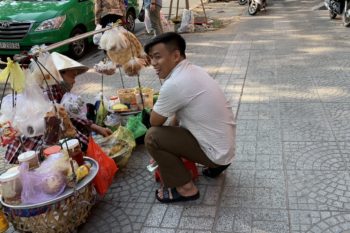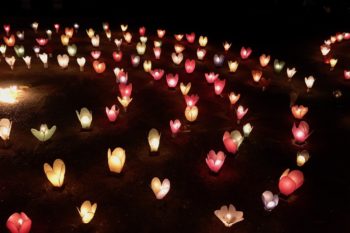On the heels of International Women’s Day, Travelfish asked me to share some of the challenges of being a female travel writer in their newsletter.
I’d like to think that gender or race play no role. I am a travel writer; I do my job and try to do it well. The information published on the website takes research, skill, experience, knowledge and dogged determination. There are challenges for sure, some specific to being a female journo on the road—I would need several thousand words to cover them. However, there is one that sticks out since it’s one I never expected.
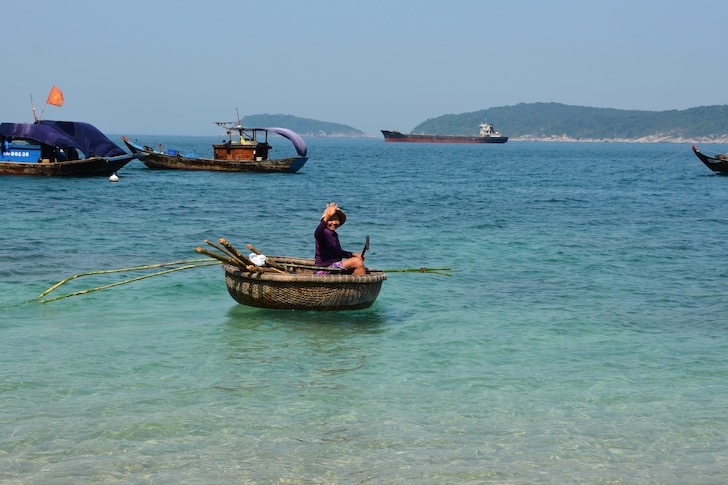
When I’m on the road, I lie low and rarely share with others what my profession is for several reasons, including Travelfish’s credo to research anonymously whenever humanly possible and the politically sensitive nature of the regions I cover.
I’ve also learned to avoid telling because of the hostile reactions I have received.
In social settings with foreigners (short-term or long-term travellers, expats), during chit chat there have been moments when I accidentally let it slip or I was too exhausted to conjure up a story, or I felt comfortable enough to let my guard down.
After initial questions, usually about whether I am paid for my work, the hassle always starts off like this: “Did you check that place out? You should pay me to do your job, ha ha.”
You probably wouldn’t say that to a doctor or an electrician but hey, it’s a joke right? I can feel what’s coming next.
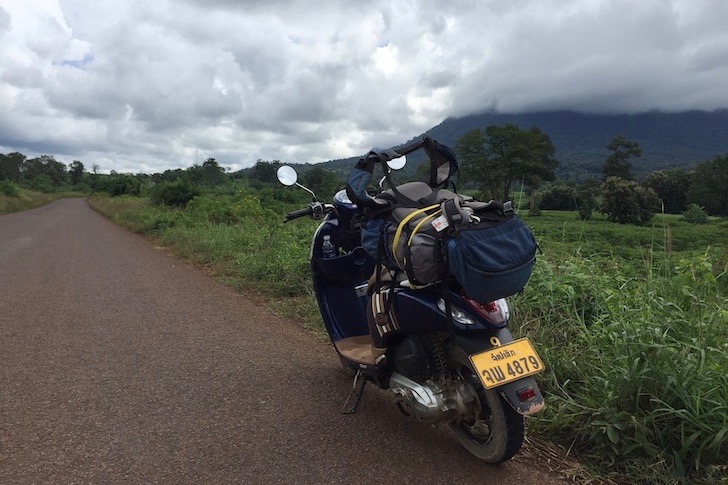
“Have you been to X? Have you been to Y? No? Why not? You should do A, B, C. Why haven’t you gone there yet? Do you speak the language fluently? They should pay me to do your job.”
Tips from expats and travellers are one of the many possible sources for finding out interesting things, but this isn’t a friendly exchange. I am on trial. They are grilling me to discredit me. These interactions have happened enough times that it could safely be called a trend. In my experience, this has only come from men.
I’m an adult; I brush it off and don’t give a hoot. Perhaps it’s because those individuals regard my profession as fluff—clearly they don’t know what it takes to be successful in this industry. Perhaps it’s because everyone believes they are a travel expert these days. Perhaps I’ve just had a bad run of luck, of course not all men are like this. However, whenever it happens I am taken aback by the level of aggression, the thinly veiled need to belittle. Why is SHE being paid to travel?
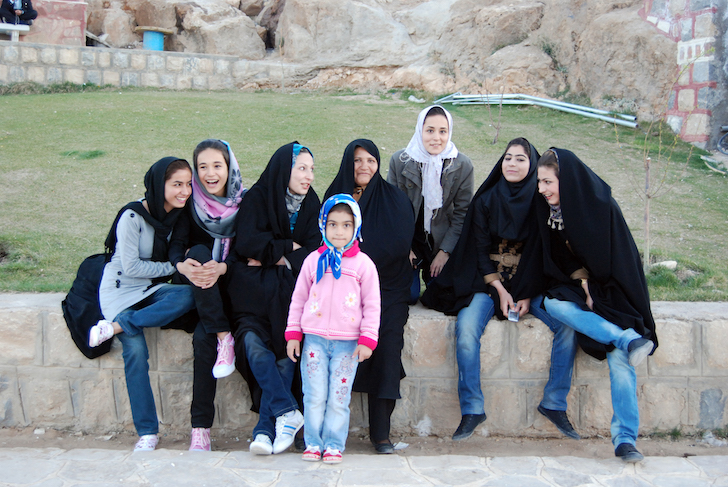
It got me thinking of all the other professional women who have to prove they are qualified to occupy the same space as their male counterpart who may not experience the level of questioning and scrutiny because they look like they belong. By default we begin at a disadvantage and on the defensive, from the gender pay gap to even before we can be considered for a job, through name discrimination on CVs.
How can I turn being an underdog into a gift and an advantage?
Understanding what privilege looks like is vital when covering the regions I do, countries that in one century have been traumatised by colonial oppression, wars, genocide, tsunami, sex tourism and unbridled growth. This is all heady stuff for a backpacker who just wants to read our guide to Thai beaches but the Travelfish team’s knowledge of the regions we cover is in the DNA of the writing. You may not see it in digital ink but it’s there.
Empathy is an incredibly powerful tool in finding and telling stories. Stories about how sex education in Laos is non-existent leading to girls missing/dropping out of school because they simply do not know how to manage their menstruation or because of teen pregnancy. And how Laos Solidarity is an organisation training teachers on how to teach youth about puberty and menstrual hygiene.
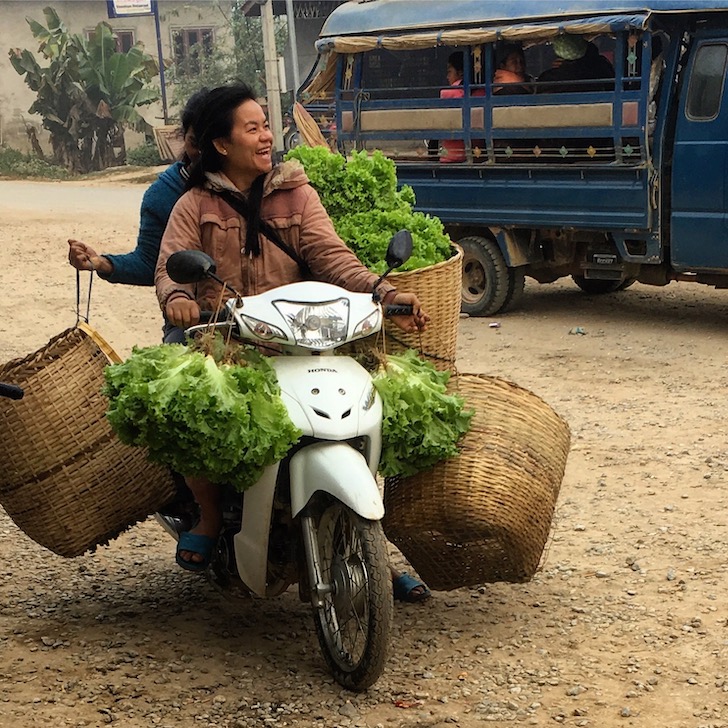
I can cover topics like how girls and women from ethnic minority villages in northern Laos are being sold to Chinese men for marriage because they have no other opportunity, and can recommend fair trade handicraft shops and vocational training centres that provide rural women with income, thereby reducing vulnerability and encouraging them to remain in the village.
The story of how Lao girls and women along the Thai border are extremely vulnerable to being trafficked into sex work, lured across by the promise of a factory job or sold by their own family. And how Sengsavang is helping rehabilitate and provide vocational training to victims in Savannakhet, one of the main hubs of cross-border trafficking.
These stories are a small piece of the puzzle I put together alongside much lighter accommodation reviews, food guides and bus schedules. Don’t worry, it’s not all sad stories. Maybe one day I’ll write a memoir about the hilarious ups and downs as a travel writer, a female one at that.
For now, consider donating to these organisations or others in the places you travel. And let’s honour the som tam ladies, the noodle soup ladies, the hotel housekeepers—all the women who labour to make our journeys in Southeast Asia so memorable.
Good travels,
Cindy
This was published in Travelfish’s newsletter on March 11, 2019. Read previous issues in the archive and sign up for a regular wrap on what is happening on Travelfish.org along with a roundup on interesting news and writing on the region.
